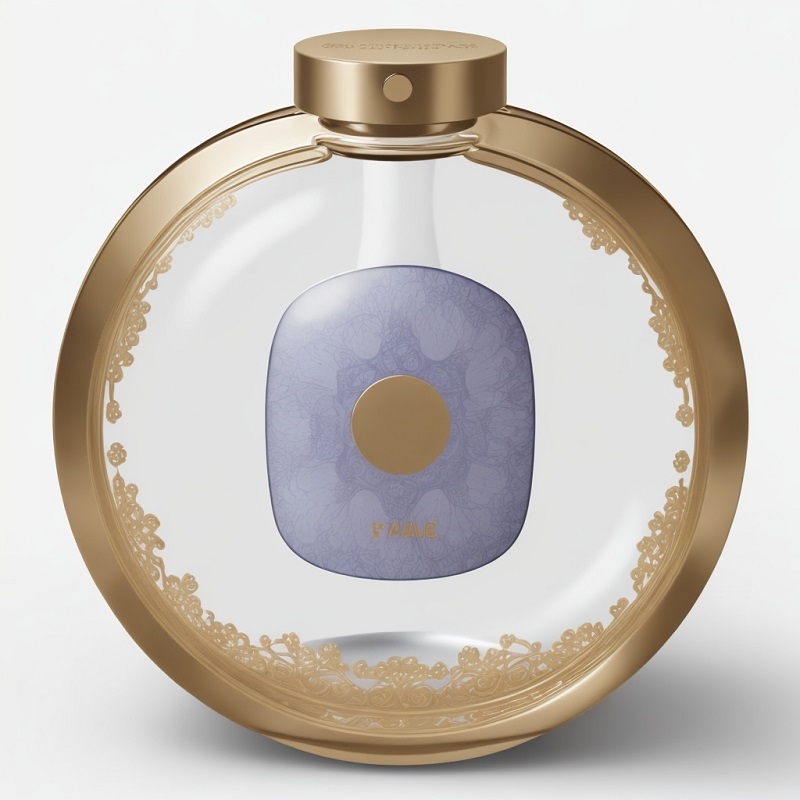What is the old name for perfume?
Perfume, with its enchanting fragrances and ability to evoke memories and emotions, has been an integral part of human civilization for millennia. Yet, what many may not realize is that the term perfume itself has a rich history, dating back to ancient civilizations where it wasn't always referred to as such.
In ancient times, various cultures had their own terms and practices for fragrances that would eventually evolve into what we recognize as perfume today. One of the oldest known civilizations to have cultivated the art of perfumery is ancient Egypt. In the land of the Pharaohs, fragrances played a significant role in religious rituals, burial ceremonies, and everyday life. The ancient Egyptians referred to their aromatic concoctions as Kyphi or Kapet, which were typically composed of natural ingredients such as myrrh, frankincense, and various spices.
In ancient Greece, perfumes were referred to as aromata or aromataion, derived from the Greek word aroma, meaning spice or sweet herb. Greek perfumes were highly prized and used for both personal grooming and religious purposes. The Greeks employed techniques such as distillation and maceration to extract aromatic essences from plants and flowers, laying the groundwork for the perfumery practices that would later flourish in the Roman Empire.

The Romans, inheritors of Greek culture and technology, further refined the art of perfumery and introduced new fragrances to their vast empire. They referred to perfumes as unguentum or scented ointments, which were used not only for personal use but also as offerings to the gods and gifts of diplomacy.
In the Far East, ancient civilizations such as China and India also had their own rich traditions of perfumery. In China, aromatic substances were known as xiang, and were used in religious rituals, medicine, and personal hygiene. Indian perfumery, often associated with the practice of Ayurveda, utilized natural ingredients like sandalwood, jasmine, and rose in the production of fragrant oils known as ittar or attar.
As time progressed and civilizations intermingled through trade and conquest, the art of perfumery spread across continents, blending diverse cultural influences and techniques. The term perfume itself derives from the Latin per fumum, meaning through smoke, a nod to the ancient practice of using aromatic resins and herbs in religious ceremonies where fragrant smoke would rise as offerings to the divine.
Today, the word perfume encompasses a wide range of fragrances and products, from eau de parfum to cologne, each with its own unique blend of scents and notes. Yet, behind this modern terminology lies a rich tapestry of ancient names and traditions that have shaped the way we perceive and appreciate fragrance.

